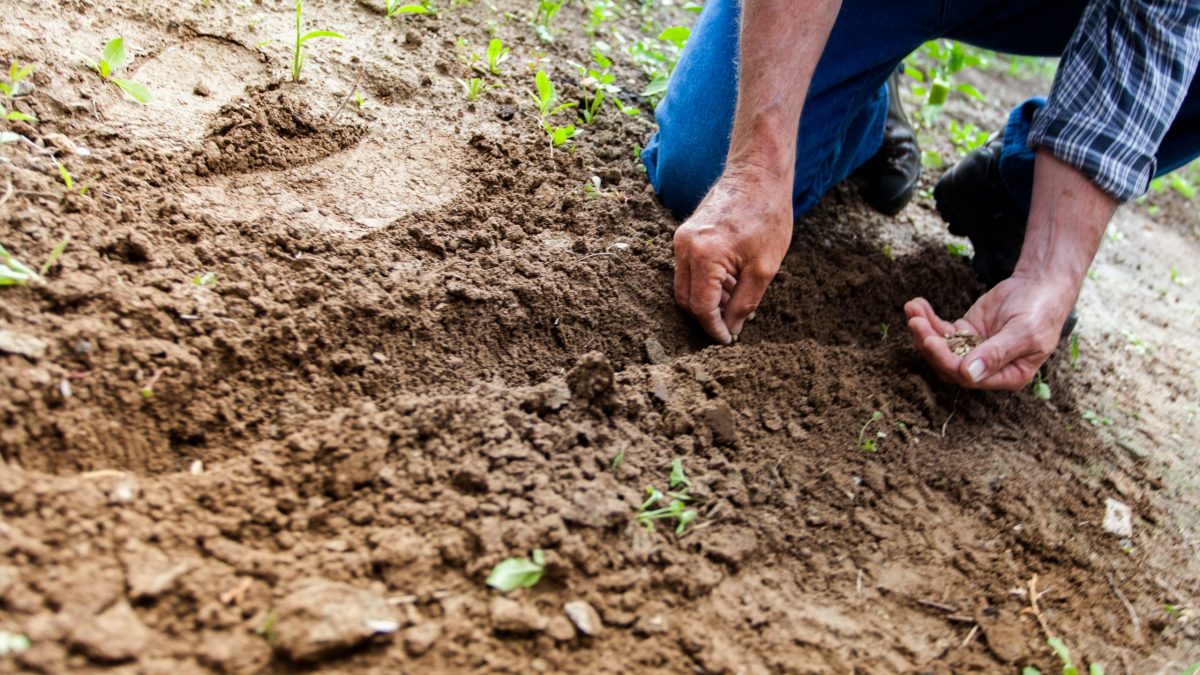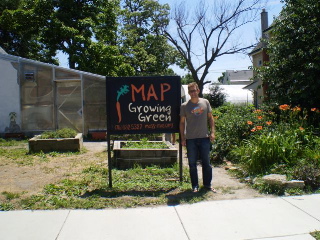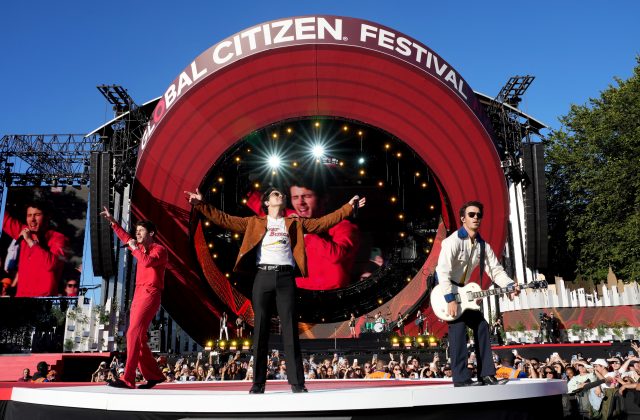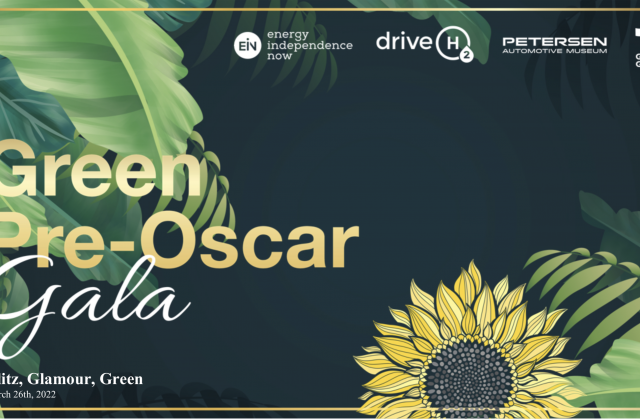
STEF MCDONALD | JULY 26, 2011

When it comes to gardening, getting your hands dirty is a good thing. But after hearing the recent news of a Michigan mother of five who was threatened with jail time for replacing her lawn with raised vegetable beds, followed by a similar report of a British Columbia man battling the law for turning his property into an an organic farm, we have to wonder if regional law enforcers are afraid of a little dirt, not to mention (gulp) vegetables.
Urban farming is something we’ve learned a lot about since we began work two years ago in Youngstown, Ohio, on our “Greening the Rustbelt: Sustainable Youngstown Initiative.” The former steel city has embraced sustainable planning options and began by turning vacant lots into urban gardens. Walker Wells, director of our Green Urbanism Program, made a visit to Youngstown this month to check on progress there, then ventured to Buffalo, New York, to visit the Massachusetts Avenue Project (MAP), a community farm. “I was inspired by what I saw,” said Walker. “The MAP Project is more extensive than I expected and producing a lot of value — in both food and community — while maintaining its grassroots feel. My guide Tyler Manley was sharp on the biochemistry of aquaculture but, I was happy to learn, a philosophy major — showing that the ingredients of urban sustainability are equal parts spirit and science.”




